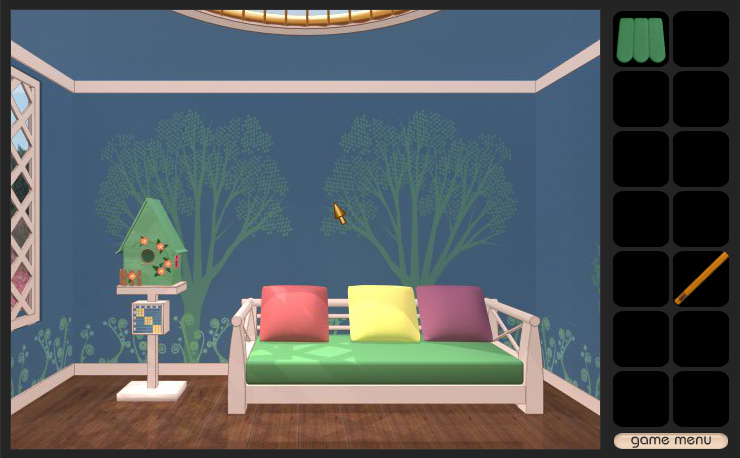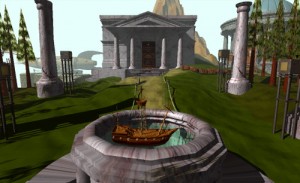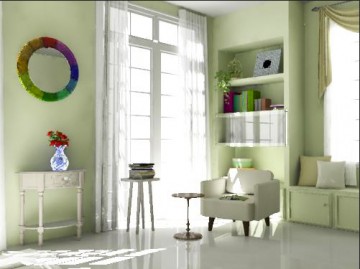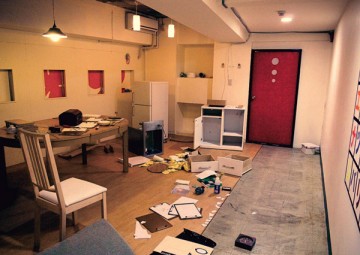
I’ve always enjoyed looking inside people’s homes, trying to get a sense of what the occupants are like from the objects that make up their environment. I don’t mean breaking and entering or snooping through bathroom cabinets, but, as someone’s guest, taking in my surroundings with the same eager curiosity I’d usually reserve for museums, piecing together a story from books, photos, plants and knick knacks on display. Part of that inclination comes from all the mystery stories I read as a kid. Using keen skills of observation and knowledge of human nature, detectives like Sherlock Holmes and Jane Marple solved the most bewildering of crimes, and still managed to have time for tea. What’s not to admire?
That same appreciation for a good mystery has also contributed to my long standing fondness for puzzles, the latest obsession being "room escape” computer games. Requiring a shorter commitment than many other point-and-click adventure games, room escape games have a very simple premise: you find yourself in a locked room or house and must search your environment for clues and solve puzzles to aide in your escape. Most often, the games are fairly simplistic in design, yet the puzzles are anything but. You may have to decipher a code, repeat a melody you just heard, or jury-rig a tool that would make MacGyver proud. If you crack the puzzles, you will find the key that will unlock the door and set you free, often with some beautiful garden or beach paradise awaiting behind the door.

While the Flash game room escape genre was popularized in the mid-2000s, most everyone I know who really enjoys these types of games can trace their fondness back to the 1993 PC game Myst. A beautiful game unlike anything being released at the time, it presented no monsters to kill and the player could take as long as they wanted to explore the island and solve puzzles. There is an appeal in a game that's stimulating, but also free of the competitive stress of player-vs-player environments, or the fast-paced action of first person shooters.
It's easy to find ourselves overwhelmed in a fast paced world brimming with information and daily stresses. Although escaping somewhere quiet and peaceful, and preferably in nature, is certainly one of the better ways to decompress, it's not always an option. If you're like me, a good way to unwind from the stimulation of a busy day is by focusing the mind on a calming task, kind of like going for a jog can be a great way to prepare your body for a better night's sleep. Room escape games, which often have well decorated environments and peaceful music on a loop, fulfill that need perfectly.

Wanting to quantify the beneficial aspects of casual games, PopCap Games underwrote a study in 2011 in which a group of participants - all diagnosed with clinical depression - played casual games over the course of a month. The resulting data showed an improvement in anxiety, anger levels and fatigue among the participants, as did an earlier study administered among the general population.


